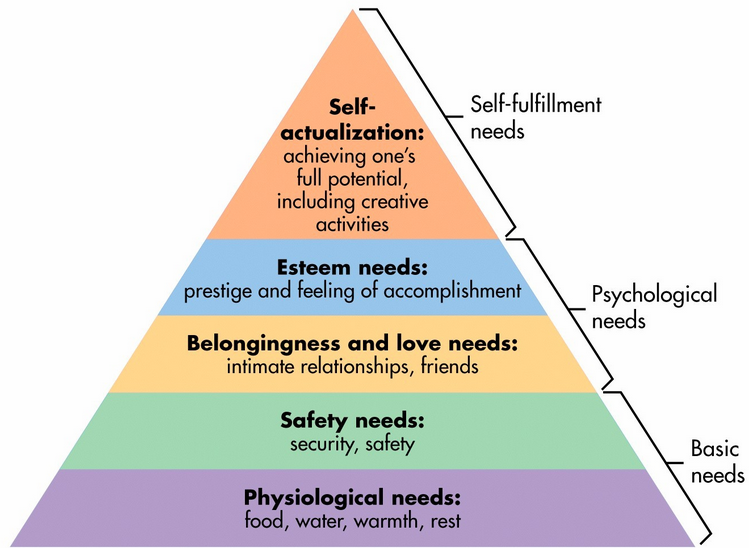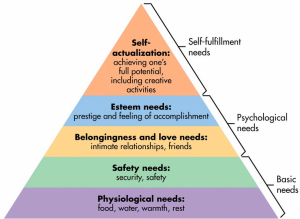One of my classmates gave quite a specific response to how psychology affects her teaching. So I wanted to summarise here the important points I picked up on:
– We should try to put ourselves in the learners shoes. By understanding their view, and them, better, we can provide the best ‘service’ that matches their needs
– Consider how to ‘invite’ students to participate in classroom activities, rather than directly asking, ‘you, give me an answer now’. This definitely reduces the affective filter.
– Consider giving students the choice on how they contribute in the lesson and how they do their homework. Making the student aware of the learning and process, empowers him/her and makes his/her learning more profound.
– Having more information about the student helps us to tailor our lessons to individual needs. However, the sheer amount of information may become overwhelming for most teachers. We may not have the time to convert what we have learnt into effective, tailored lessons. However, I do believe we must try!
In this way, I do think that good teachers are, in fact, at least, ‘part’ psychologists! If our job relates to personality and motivation, then our work also relates to Maslow’s Hierarchy of Needs: to move our students towards self-actualisation/proficiency by – providing shelter in the classroom, creating a sense of belonging with group tasks, throwing in love and understanding via the topics we discuss (and how we discuss them), all in order to boost self-esteem for language learning!


